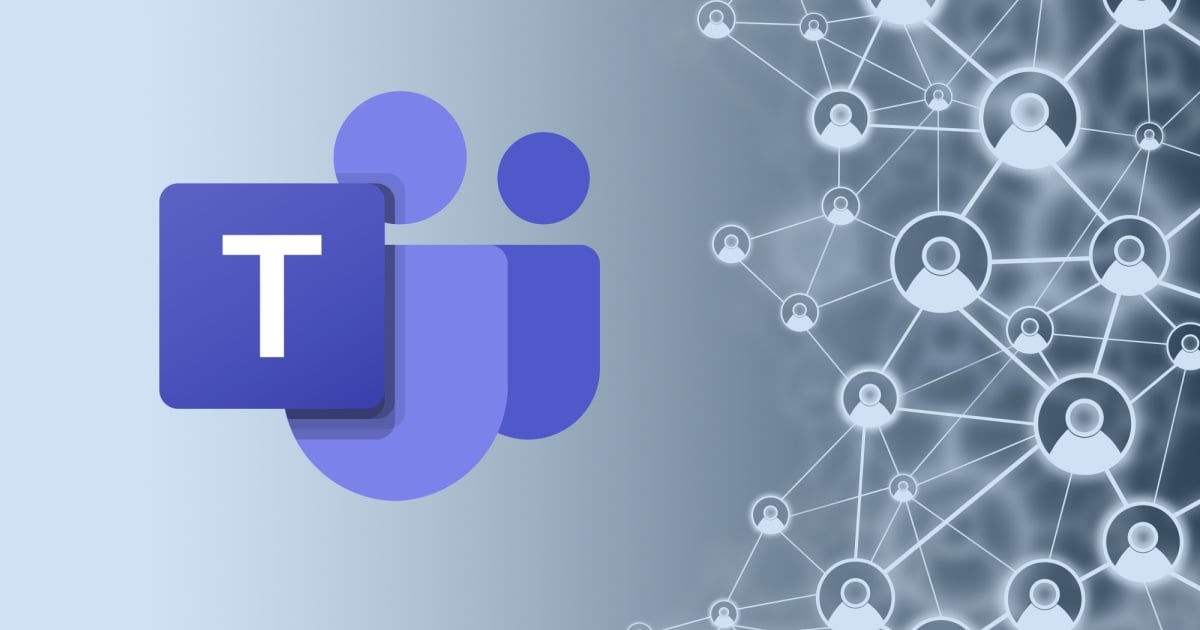
In an era of relentless cyber threats, businesses of all sizes are grappling with the complex challenge of digital defense. But, it’s not solely about cybersecurity anymore; with general agreement that cyber events are a “when, not if” inevitability, cyber insurance is taking on a growing importance as a protective measure and has become a key component of a comprehensive risk management strategy.
Traditional insurance policies rarely cover the full spectrum of cyber-related damages (if any of them), leaving businesses vulnerable to the escalating financial fallout from incidents like data breaches, ransomware attacks, and business interruptions. Cyber insurance fills that gap, specifically addressing these costs, including forensic investigations, legal fees, public relations, data recovery, and even ransom payments. As the cost of data breaches continues to climb, often reaching millions of dollars – globally, the average cost last year was $4.9 million, according to IBM’s Cost of a Data Breach Report 2024 – cyber insurance provides a crucial financial safety net, enabling businesses to recover and maintain operational continuity after an attack.
Cybersecurity and Cyber Insurance: A Symbiotic Relationship
Cyber insurance and robust cybersecurity solutions are not merely complementary; they are inherently interdependent. Insurers are increasingly demanding a strong cybersecurity posture from applicants, including multi-factor authentication (MFA), EDR, comprehensive incident response plans, and regular employee training, as prerequisites for coverage or favorable premiums.
Cybersecurity solutions act as the primary defense, preventing and mitigating attacks, while cyber insurance provides the financial recovery mechanism when a breach inevitably occurs. Strong cybersecurity reduces the likelihood and severity of incidents, making a company a more attractive and less risky prospect for insurers, potentially leading to lower premiums and broader coverage. Conversely, the stringent requirements set by cyber insurers can serve as a powerful incentive for businesses to enhance their security measures, fostering improved cyber hygiene and resilience.
This points to very logical and mutually beneficial partnerships, like the one cybersecurity vendor Blackpoint Cyber and MSP cyber insurance marketplace UKON just announced. Blackpoint recently launched its CompassOne unified security platform, combining proactive and reactive security in one holistic platform. Now, with this relationship, it adds yet another layer to its goal of delivering a truly comprehensive security solution to the MSP market.
“My goal is to create a managed security posture solution that brings all these different services and products as a whole that MSPs can sell,” Manoj Srivastava, Blackpoint’s chief technology and product officer, explained recently. “We may build some on our own, for some we may partner with other strategic vendors and then bring them together to offer a single, unified solution.”
CompassOne was the first step in achieving that goal, and the UKON partnership is the next phase, falling into the latter category of strategic vendor partnerships.
Challenges to Cyber Insurance
Despite its importance in today’s cyber landscape, many companies do not have cyber insurance, for a variety of reasons. One is that the ever-evolving threat landscape makes it difficult for insurers to accurately assess and price policies, especially with the rapid emergence of new vulnerabilities and AI-driven attack vectors. This can lead to higher premiums and more stringent underwriting requirements.
There are also several misconceptions among businesses, including that their existing general liability or property insurance policies adequately cover cyber risks – despite most of them having broad cyber exclusions within them. Many SMBs also mistakenly believe they are too small to be targets, or that basic antivirus software provides sufficient protection. This underestimation of risk, coupled with a lack of understanding of complex policy language and “silent cyber” (policies where cyber risks are not explicitly covered or excluded), contributes to a significant cyber protection gap. Of course, for some, the sheer cost of premiums, particularly for those labeled high-risk, is a barrier.
Unifying Security and Financial Protection
This is where partnerships like this one between Blackpoint and UKON can create opportunity for MSPs to become ever stronger cyber partners to their clients. The convergence of an advanced cybersecurity platform and cyber insurance is opportunity to elevate their service offerings and become high-value cyber risk advisors, as opposed to simply providing cybersecurity services.
“Our partnership with UKON is a natural extension of Blackpoint’s mission,” said Mike Yang, Blackpoint’s CFO. “Together, we’re delivering a smarter, more scalable approach to cyber risk that combines operational defense with financial resilience. This collaboration is a win for our partners, their clients, and the broader channel.”
Indeed, this collaboration creates a future where MSPs are not just reacting to threats but proactively building resilient cyber ecosystems, ensuring both the technical security and financial viability of their clients in a digital world.
- Holistic risk management: MSPs can transition from purely technical providers to comprehensive cyber risk advisors. By leveraging real-time threat intelligence from Blackpoint's MDR and integrating it with UKON's risk intelligence, they can provide more accurate risk assessments, guide clients through policy selection, and help them meet increasingly stringent compliance demands.
- Enhanced Client Value and Trust: Offering an end-to-end solution – from proactive defense and rapid response to financial recovery – strengthens client relationships and builds deeper trust. Clients gain peace of mind knowing their MSP is addressing both the operational and financial dimensions of cyber risk.
- New revenue streams: The partnership opens up new avenues for revenue for MSPs through cyber insurance consulting, breach readiness assessments, and integrated incident response planning.
- Streamlined operations and efficiency: A unified platform centralizes management, reduces the need for disparate tools, and improves efficiency. This streamlines workflows, accelerates threat detection and response times, and ultimately enhances the MSP's operational prowess.
- Improved security posture and insurability: By leveraging Blackpoint's 24/7 human-led SOC and MDR capabilities, MSPs can significantly bolster their clients' security postures. This enhanced protection not only minimizes risk, but also makes clients more attractive to insurers, likely leading to better policy terms and lower premiums. As UKON's CTO Gene Stevens noted, Blackpoint "delivers the signals that accelerate protection and make cyber insurance executable in the real world."
- Clear value demonstration: A unified platform provides comprehensive visibility and metrics, enabling MSPs to clearly demonstrate the tangible value of their security services in reducing cyber risk and achieving insurability, aiding in both client retention and acquisition.
- Scalability for growth: A centralized, multi-tenant platform empowers MSPs to onboard new clients efficiently and apply standardized security policies consistently, facilitating scalable business growth without increasing operational complexity.
By combining Blackpoint's security technology and platform, including its human-led SOC, and real-time threat protection with UKON's embedded insurance distribution and financial-grade risk intelligence, the partnership gives MSPs a powerful new resource tool for defending their customers in today's cyber war and making them more cyber resilient.
Edited by
Erik Linask






